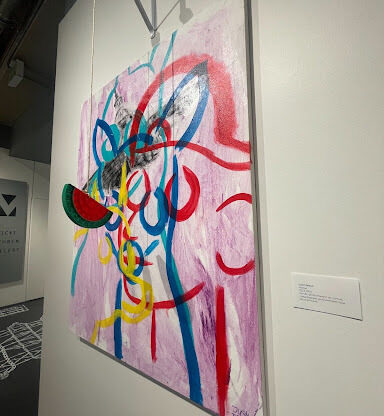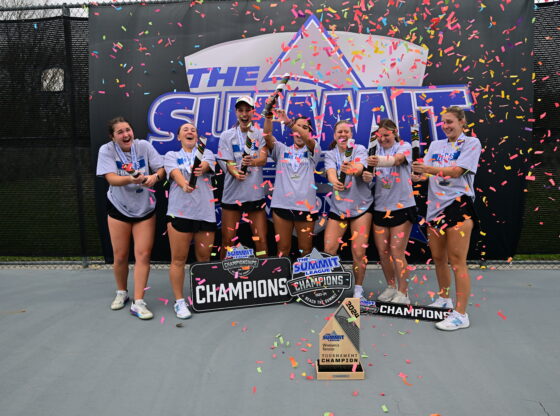In the decade since “Iron Man” arrived to change blockbuster filmmaking forever, the Marvel Cinematic Universe (MCU) has grown to become not only a money-making machine but also a cultural touchstone. With that status comes a great deal of responsibility, and the creative stagnation that plagued a considerable number of Marvel releases in recent years have made many question the studio’s handling of that responsibility, and rightfully so. In the new age of increasingly progressive blockbusters spearheaded by last year’s “Wonder Woman”, the MCU was feeling increasingly old-hat. It was in desperate need of something fresh, diverse and bold to inject new life into the franchise. “Black Panther” has arrived to do exactly that, taking on the whole of Hollywood in the process.
Taking place almost directly after the events surrounding the death of his father in “Captain America: Civil War”, the film follows an unsure T’Challa (Chadwick Boseman, “Marshall”) as he is crowned king of the fictional African nation of Wakanda, a secret technological paradise disguised as an impoverished and intensely isolated nation. He faces pressure from every angle as he struggles with the notion of whether or not to push Wakanda and its vast resources into the international limelight, an issue complicated by the unwelcome arrival of Erik “Killmonger” Stevens (Michael B. Jordan, “Creed”), an American outsider who seeks the throne for himself. In his battle against Killmonger, he is aided by spy Nakia (Lupita Nyong’o, “12 Years a Slave”), his spunky inventor sister Shuri (Letitia Wright, “Urban Hymn”), his loyal guard Okoye (Danai Gurira, “The Walking Dead”) and CIA agent Everett Ross (Martin Freeman, “The Hobbit”).
The film pushes the boundaries of the MCU due to its willingness to take risks and break the Marvel formula whenever possible. This is possible due to the incredible talent of its diverse cast, guided by a sure hand in director Ryan Coogler (“Creed”), who continues to prove himself as one of the most uncompromising and confident directors working today. What’s perhaps the most admirable thing about “Black Panther” is its pride in its diversity; it is holistically unafraid of showing off its blackness to the fullest extent. This extends to the plot, which is the most brazenly political story of the entire MCU, a complicated and nuanced allegory for current discussions about race around the world. The film will undoubtedly ignite fiery controversy over its content, particularly around the character of Killmonger and his motivations, and that controversy will only serve to prove the film’s point about black voices routinely being dismissed or silenced in the modern world.
Which brings us to arguably the most remarkable thing about this film: Killmonger himself. An inherent problem with Marvel films is (save for Tom Hiddleston’s Loki) that none of them truly have a compelling villain. Killmonger is much more than just that; he’s a complex, driven and even sympathetic character who is made endlessly compelling by both the film’s script and Jordan’s transformative performance. Jordan isn’t alone in his excellence, as the rest of the cast is routinely marvelous in their performances. Boseman continues to own the role of Black Panther, bringing a tenderness and confidence to a role that could have otherwise been overshadowed in the film’s sea of interesting characters (mostly strong women), all of which should become franchise mainstays after this film. It certainly helps Coogler has painstakingly crafted a lush and beautiful Afrofuturist world for these characters to inhabit, the likes of which have never been seen before in a film of this scale.
As is the norm with all Marvel movies, the still present house style is the one glaring negative with this film. The action can be ugly and CGI-ridden, and the script is forced to take some of the same awkward beats these films are doomed to do. However, anyone who says they come to these movies purely for the action is kidding themselves. These movies are intrinsically about characters, ones that interest and inspire us and continue to serve as cultural symbols around the world. The difference here is that “Black Panther” features a revolutionary cast that will surely inspire generations upon generations of black communities, and that in and of itself is a testament to the power of representation. It’s good to be king.











